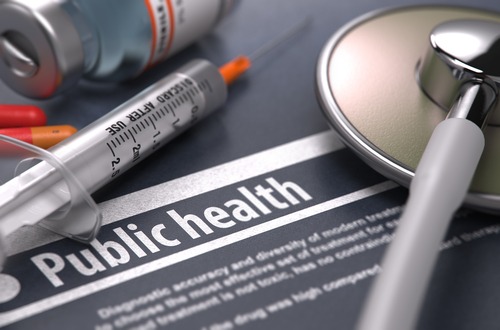
A new report from Trust for America’s Health (TFAH) has found that 20 years after the September 11 attacks on the World Trade Center and Pentagon, America is not fully prepared for public health emergencies.
The report, 2021 Ready or Not: Protecting the Public’s Health from Diseases, Disasters and Bioterrorism, found that while the country is better prepared than it was in 2001, there is an urgent need for federal, state and local policymakers to prioritize the nation’s health security — something illuminated by the COVID-19 pandemic.
“The COVID-19 pandemic, the devastating wildfires, and the unfolding impacts of Hurricane Ida are only the most recent reminders of the need to strengthen our nation’s health security,” J. Nadine Gracia, MD, MSCE, TFAH president and CEO, said. “The 20th anniversary of September 11th is an important milestone to mark the progress we have made in the past two decades: we have built a public health preparedness enterprise from the ground up, including a dedicated public health emergency workforce. But we must make additional and sustained investments in public health infrastructure and workforce, and we must ensure equity is at the center of preparedness, response, and recovery efforts.”
The report recommended that federal, state and local government bolster public health infrastructure investments to build the necessary workforce and systems that have otherwise been neglected, as well as federal investment in modernizing the public health data systems.
Additionally, the report said public health and government leaders should be equipped to deliver effective communications and counter misinformation through Congressional funding of research into ways to counter inaccurate social media messaging.
The report put a focus on equity, both in ensuring that equity was a foundational component of preparedness and response, and in policymaking, so that those most vulnerable to disasters, and those who have the hardest time recovering from them, are provided with improvements to social and economic conditions that will advance resilience.




